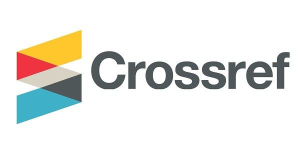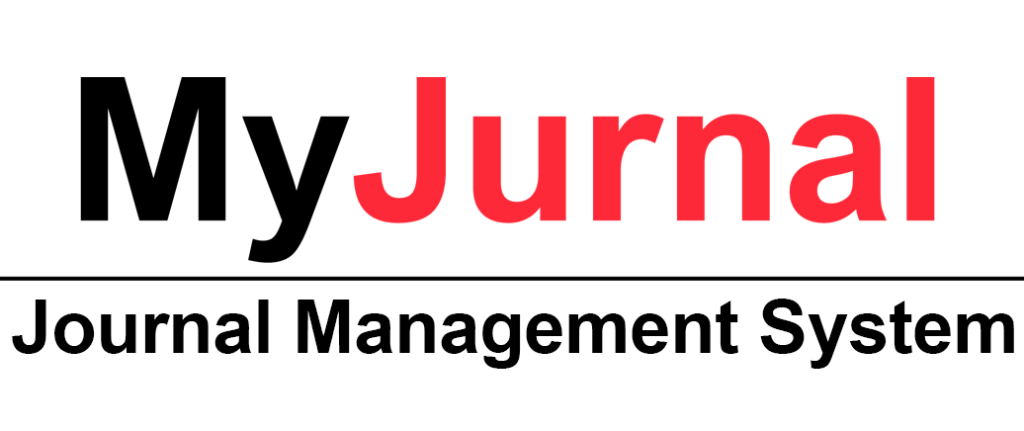Post-Appraisal of the Perceived Effect of COVID-19 Pandemic on the Psychological Wellbeing of Secondary School Students in Nigeria
DOI:
https://doi.org/10.31436/ijes.v11i2.511Keywords:
COVID-19, Counselling, psychological wellbeing, perceived effect, pandemicAbstract
The outbreak and global spread of the coronavirus in December 2019 has thrown the global community into a desperate search for an enduring solution to the scourge. To this end, several precautionary measures have been advanced. They included frequent washing of hands, use of face-mask and alcohol-based hand rub or soap and water, and covering of the nose and mouth with a flexed elbow or disposable tissue when coughing and sneezing, among others. For more robust outcomes of these measures, especially among the school-going children in the world, effective guidance and counselling services in the area of adequate orientation, information, and feedback/follow-up services need to be properly entrenched. This paper examined the perceived effects of COVID-19 and the potential impacts of counselling intervention services on the psychological wellbeing of school-going children in Osun State, Nigeria. A total of 400 secondary school students were selected from four schools. Findings revealed that the perceived effect of COVID-19 was higher among females than males and among urban residents than their counterparts in rural areas. The pro-counselling intervention services meant to cushion the effect were almost unavailable. Also, a negative significant relationship was found between perceived psychological effect and pro-counselling intervention services, which seemed to indicate that the lower the pro-counselling intervention services available to students, the more psychological effects and poor mental health they will experience. These findings have important implications for government and stakeholders in secondary education. There is an urgent need to put appropriate measures in place against different waves of COVID-19 across the globe in order to ensure that the safety and psychological wellbeing of secondary school students are not compromised.
Metrics
Downloads
Published
How to Cite
Issue
Section
License
Copyright (c) 2023 IIUM Press, International Islamic University Malaysia

This work is licensed under a Creative Commons Attribution 4.0 International License.
The Journal will own copyright to all published works and have the right of first publication, both in print and online, unless other arrangements are made with the Editors in advance. It is the author`s responsibility to ensure that where copyright materials are included within an article the permission of the copyright holder has been obtained beforehand.























